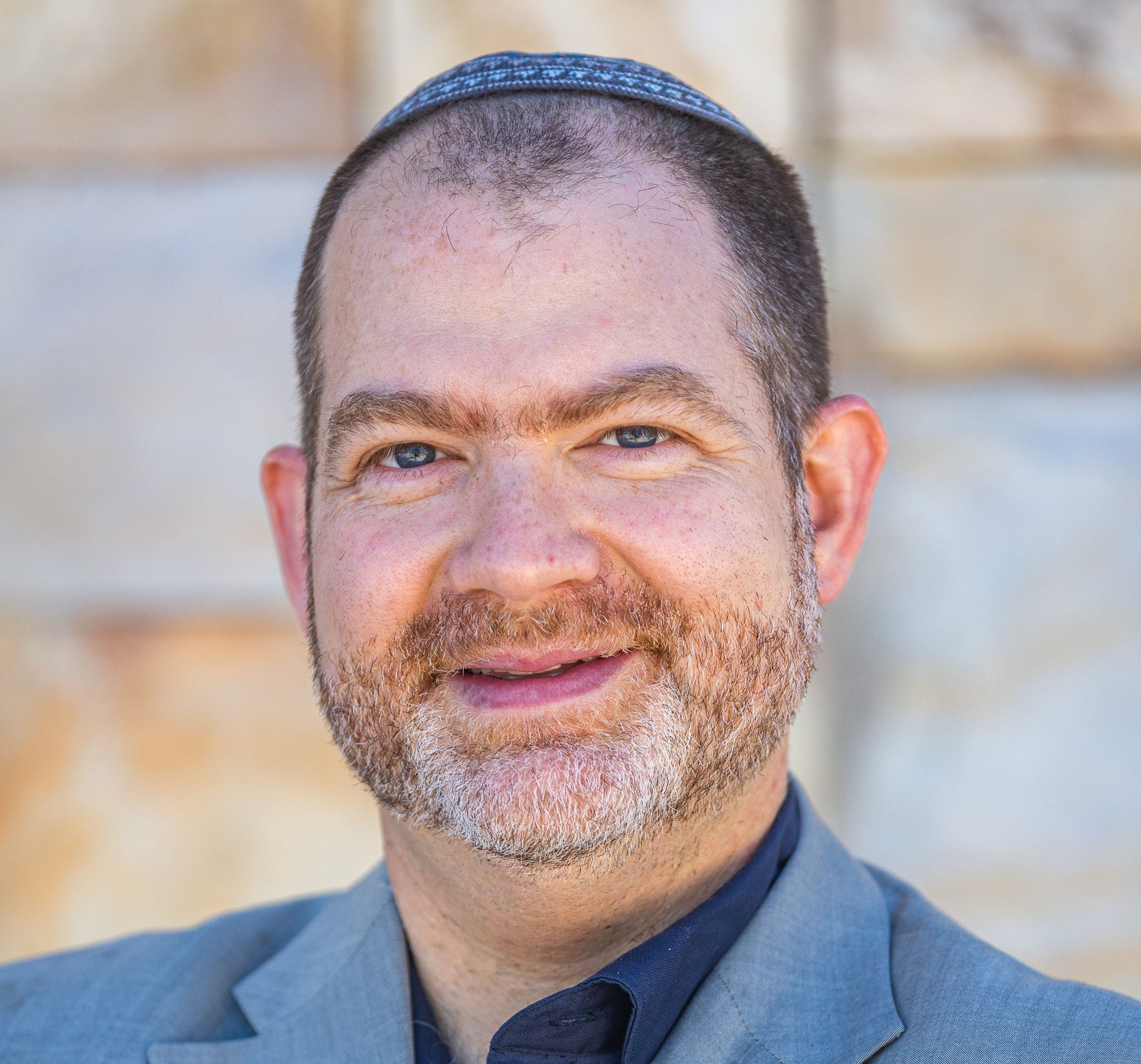click to dowload our latest edition
CLICK HERE TO SUBSCRIBE TO OUR NEWSLETTER


Published
8 months agoon
Jewish tradition has a unique way of associating our chagim with smells, tastes, and sounds. Is there anything that tugs on our hearts in the same way as the haunting call of the shofar on Rosh Hashanah? Is there any taste that lingers in the soul more than the final taste of afikoman at the Pesach seder? And is there anything as sweet as 02:00 cheesecake and coffee on Shavuot morning?
We live in a world that’s increasingly rootless compared to generations passed. This rootlessness extends to many areas of our lives. We live in homes for far shorter than we did in the past. There was a time when a family home housed generations, and while that still can occur today, it’s far from the norm. In America, for example, the average person can expect to move home 11 times in their lifetime. In South Africa, it’s an unfortunate reality that many of our families are continents apart, and many of us spend yomtov with a part of our heart in another country that’s home to parents, children, or siblings. Furthermore, we’re increasingly becoming citizens of the digital world, which brings with it a great deal of benefits. For example, a great deal of our Jewish education in South Africa is linked with and supported by programmes and people in Israel, and connecting with them has never been easier. Through email, WhatsApp, and Zoom, the boundaries vanish as we all connect online, but on the other hand, we become that much more distant from physical presence and rootedness.
It’s our Jewish practices and traditions that ground and connect us in this world – to one another, and to ourselves throughout time. Although I’m a different person this year to who I was five, 10, and certainly 30 years ago, the sweet crunch of apples and honey that I eat on Rosh Hashanah night stays with me and connects my past and present self across the decades. At that moment, as the honey lingers on my tongue, I’m again five years old in my parent’s home in Durban, sitting with my mom, dad, brother, and sister. I’m again 20 years old, at Yeshiva in Johannesburg, immersed in Torah study with my fellow bochrim. I’m again 30 years old, a rabbi in Cape Town, sharing Rosh Hashanah with my new community members. No matter who I become, the apples and honey of Rosh Hashanah stay with me and tether me.
Even more so the sound of the shofar. The shofar changes from year to year, both because of changes in tokeia and shofar. I use an unusual shofar made from a mouflon sheep, a gift from a dear friend and master tokeia, which has an exceptionally deep tone, contrasting with the higher pitch that I usually hear. But it’s also because the shofar means something different to me each year. Some years it’s the shofar of Har Sinai, sounded by Hashem at the giving of the Torah, invoking His presence and preparing us to greet our teacher, and other years it’s the shofar sounded at the coronation of the king, as was done for David HaMelech and Shlomo HaMelech, and as we are doing to declare Hashem our king. Still other years, it’s the crying of my soul, saddened by bad decisions I have made over the year and the chasm that has opened between me and my creator. But in all of those times, the shofar becomes a hinge around which the rest of my life turns, an immovable peg in a dynamic life.
In my work as an educator, this phenomenon becomes not just an experience of my own life, but a goal to create such experiences in the lives of my students. Rabbi Yehuda Amital, the rosh yeshiva of Yeshivat Har Etzion (the Gush) said once that young people who were raised observant but move away from it often suffer from a deficiency of kneidlach and noodle kugel, or perhaps of the Pesach seder’s aromas and the melodies of the yamim noraim (the high holidays).
This challenge, dear readers and friends, now becomes yours too by virtue of reading this article. You’ve become complicit in the task of conveying these experiences to our people; to reinforce and compound these islands of Jewish practice in their lives; and in partnering with them in traditions that will linger in their senses. We’re truly blessed with a Jewish life that draws on the richest depths of our past and guides us towards a magnificent future. My prayer for you – and for us all – is that this Rosh Hashanah brings with it both of these things – a return to the best of our past, and a path forward to an even brighter future.
Shana tova umetukah!
